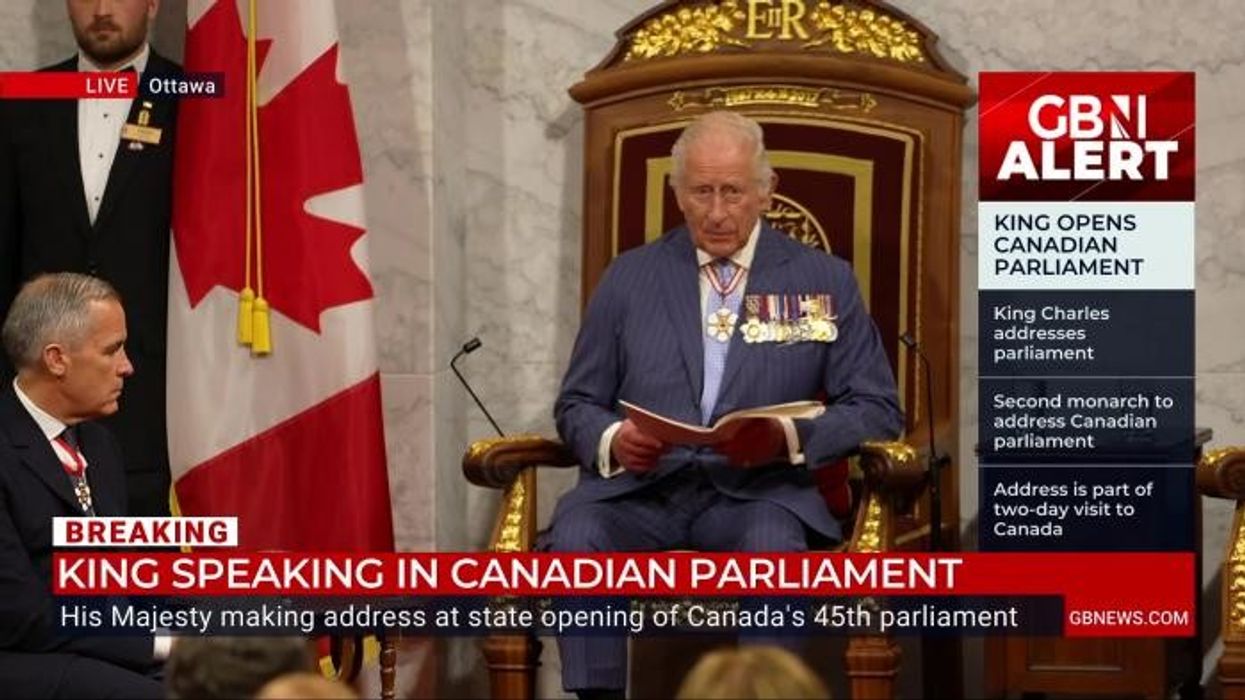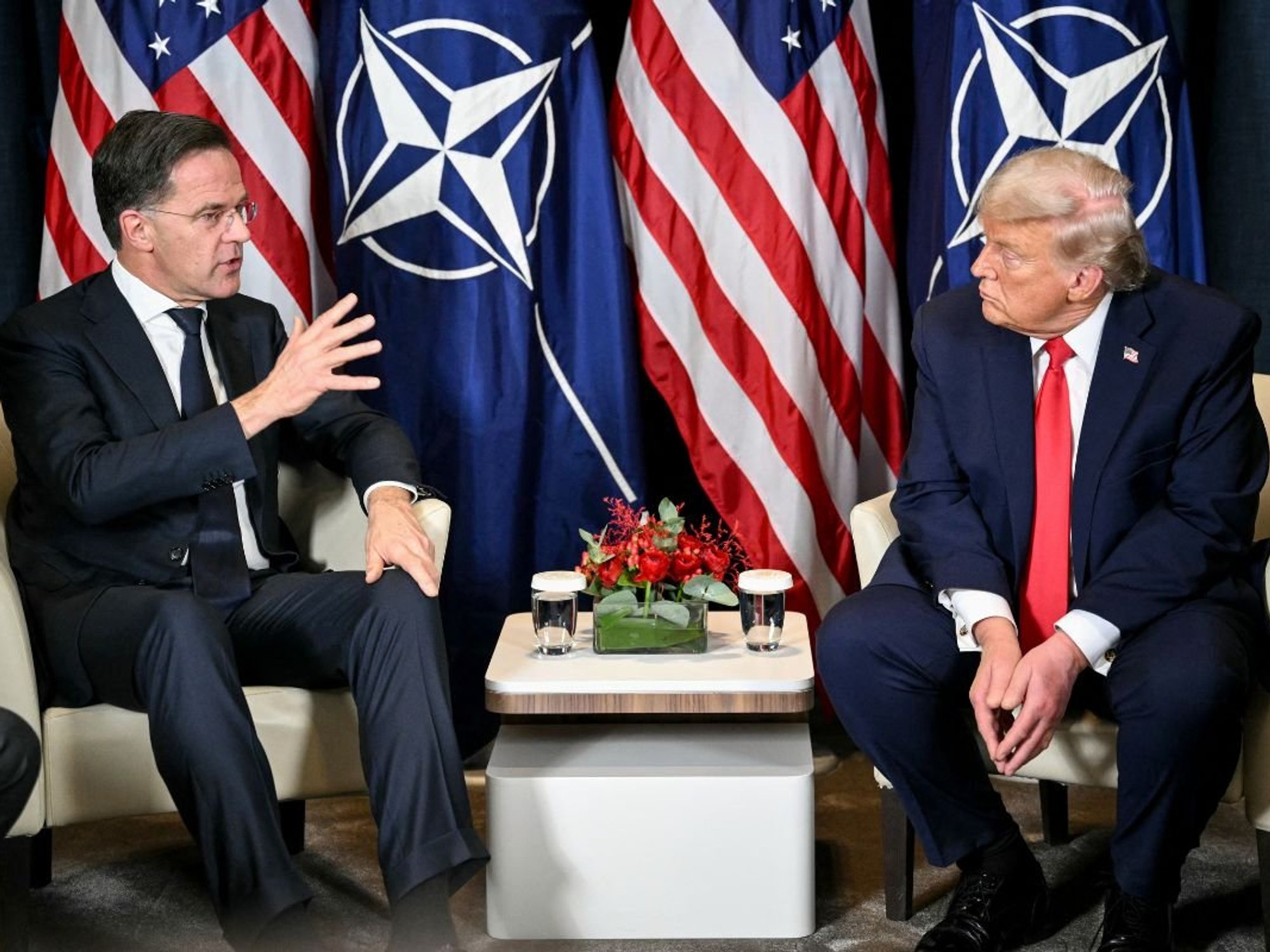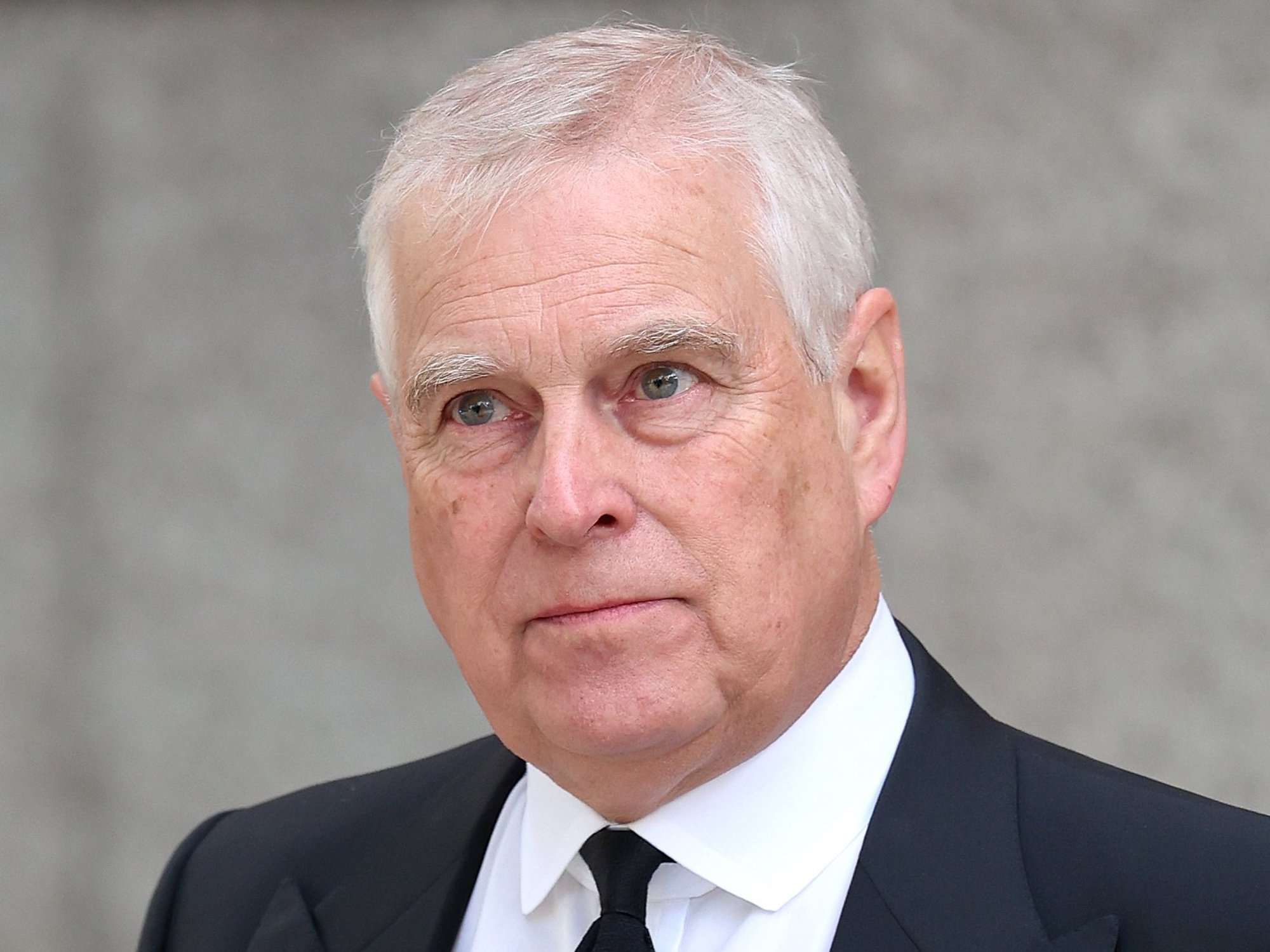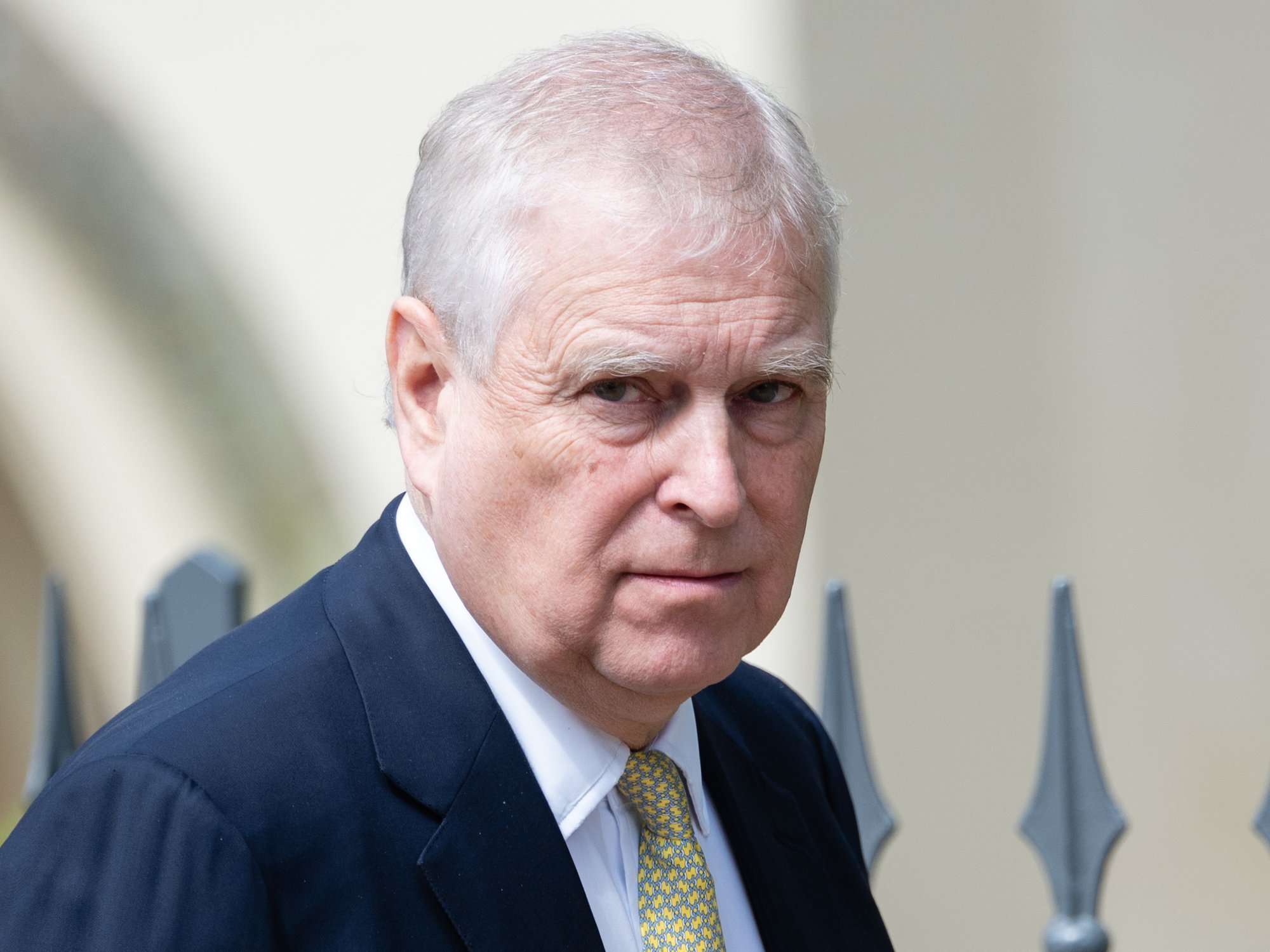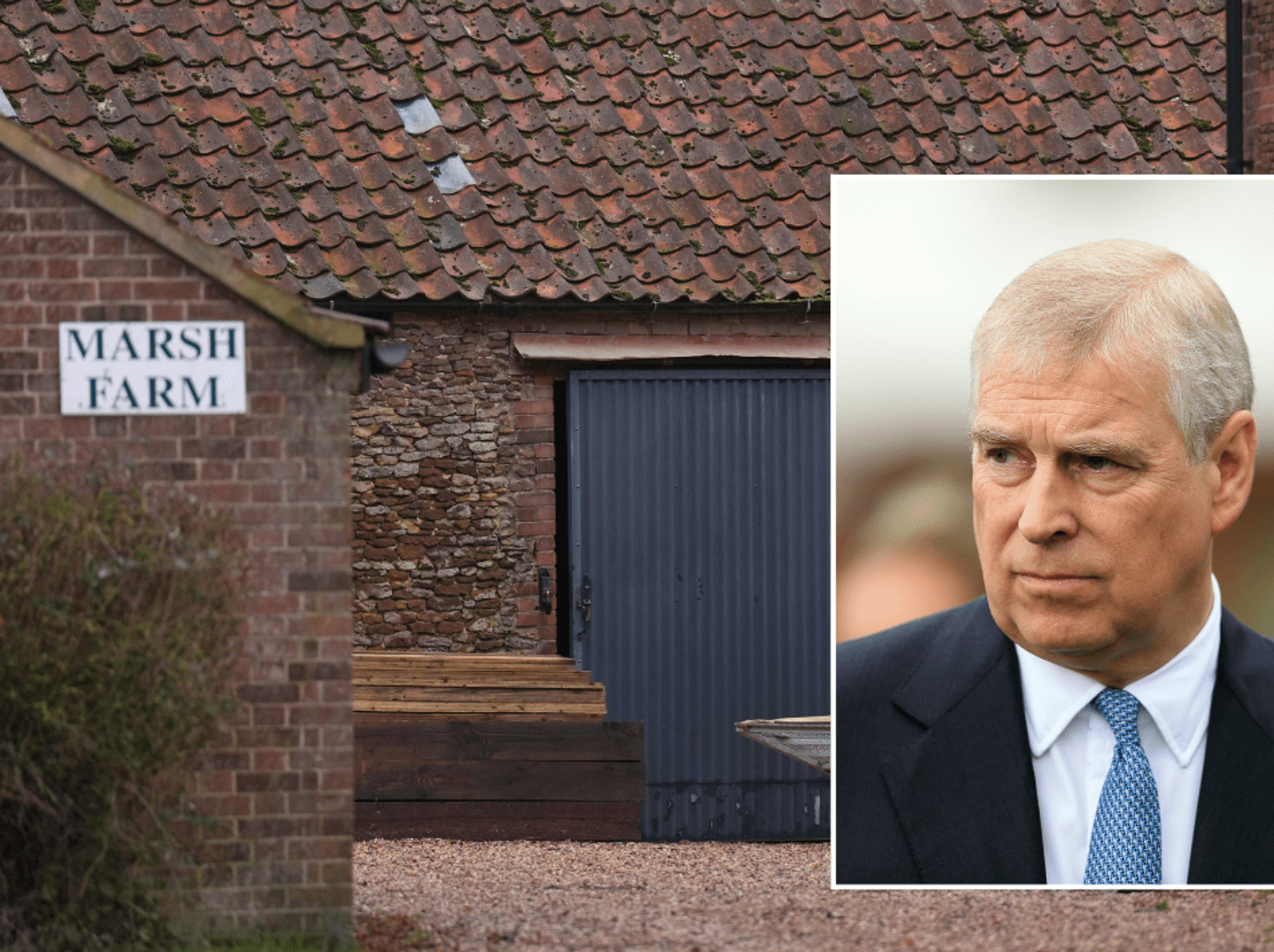King Charles’s £300,000 Rolls-Royce unveiled in lavish Royal Family gift list

This marks the first official gifts register published during the King's reign
Don't Miss
Most Read
Latest
Buckingham Palace has released the official gifts register covering 2020 to 2023, revealing the lavish presents received by members of the Royal Family during a period that included King Charles's Coronation.
The register shows Charles received a Rolls-Royce Cullinan Series II motor car worth at least £300,000 from the King of Bahrain, Hamad bin Isa Al Khalifa, following his Coronation in May 2023.
This marks the first official gifts register published during the King's reign. The list was delayed due to the COVID pandemic, the death of Queen Elizabeth II, and the Coronation preparations. Normally, the register is published annually on the Royal Family website.
The register covers gifts presented to Queen Elizabeth II, King Charles and Queen Camilla, the Prince and Princess of Wales, and other senior royals.
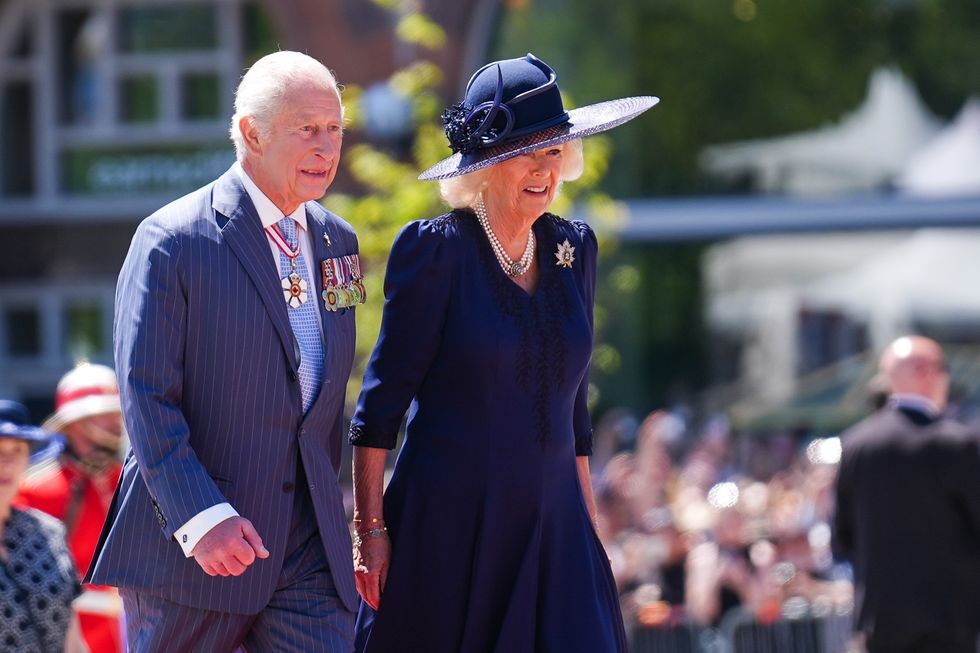
King Charles’s £300,000 Rolls-Royce unveiled in lavish Royal Family gift list.
|Getty
The Coronation gifts ranged from the extravagant to the symbolic. King Charles received a feather crown, two beaded chest pieces and two carved staffs from Amazonian Indigenous leaders Uyunkar Domingo Peas Nampichkai and Atossa Soltani.
The President of the Marshall Islands presented two hand-woven coconut leaf hats in the traditional South Pacific style.
Tree gifts featured prominently, from saplings given by the Swedish Royal Family to a Tirolean pine tree from the Austrian president. The Emir of Kuwait contributed a table with a decorative drawer and a model ship, whilst the Sultan of Brunei presented a decorative pot.
Former US President Joe Biden gave Charles a leather folder containing printed letters between Queen Elizabeth II and President Eisenhower inviting him to the UK, accompanied by a photograph of the visit. The Bahraini King also provided a decorative clock alongside the Rolls-Royce.
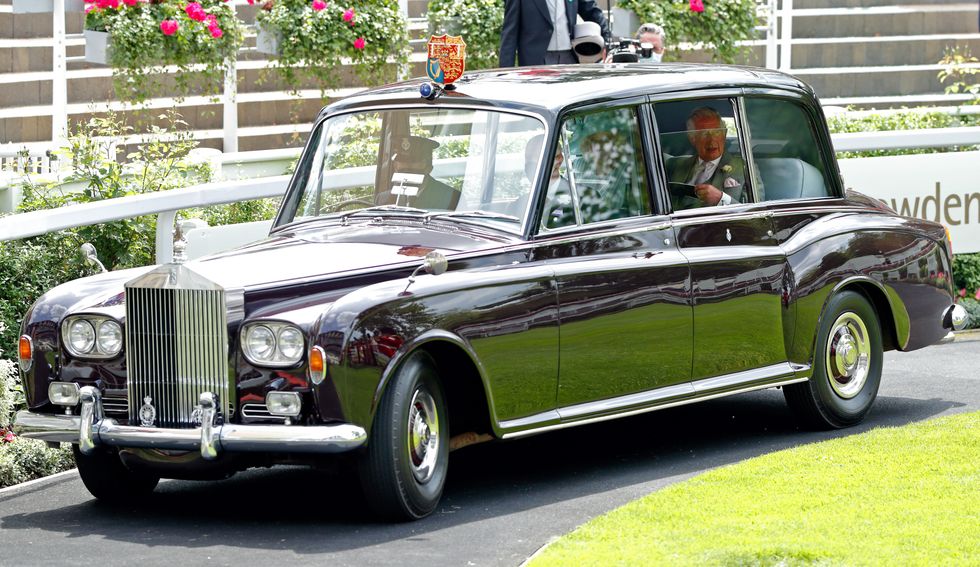
King Charles arriving in a chauffeur-driven Rolls-Royce car at Royal Ascot in 2021.
|Getty
Queen Elizabeth II received notable gifts for her Platinum Jubilee, including a trio of brooches that will become part of the royal collection. The Goldsmiths' Company presented a white gold, platinum and diamond brooch, whilst the Freemasons contributed a diamond and platinum brooch, and the Royal Liverpool Philharmonic gave a platinum, pearl and diamond brooch.
Both Houses of Parliament presented two lamp-posts outside the Houses of Parliament in the form of bronze sculptures of heraldic beasts for the jubilee. China's President Xi Jinping sent a large cloisonné ornament designed as a zun, an ancient Chinese wine vessel with motifs symbolising royalty and good fortune.
The Royal Australian Air Force provided six practical dog jackets of varying sizes in 2021. Joe and Jill Biden contributed an engraved Tiffany sterling silver box and a floral brooch during their Windsor Castle tea visit.
The rules governing royal gifts were tightened following the Peat Inquiry in 2003 into the sale of royal gifts and the running of St James's Palace.
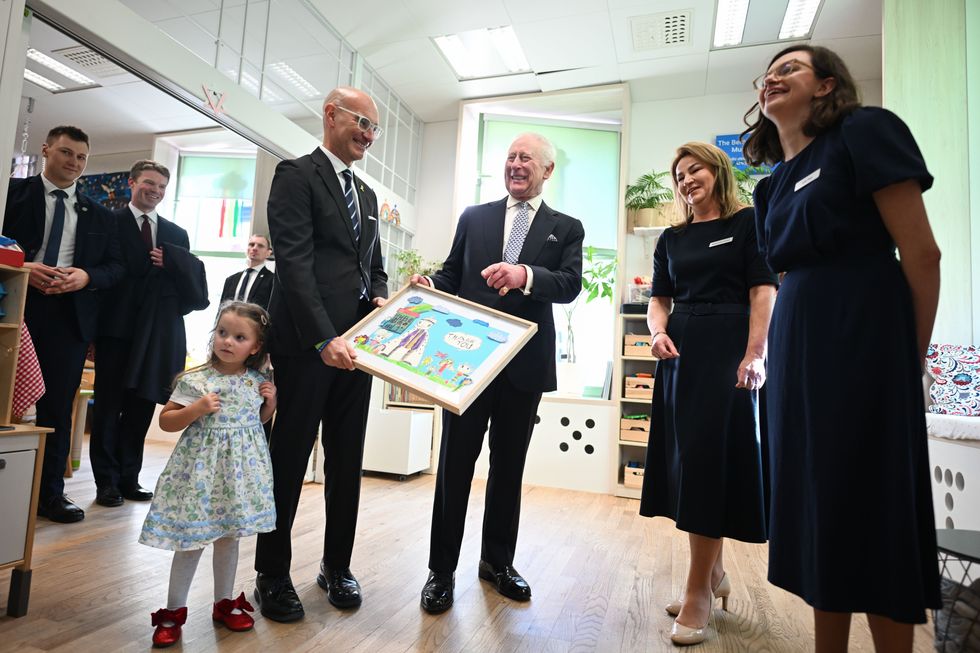
King Charles receiving a gift during his trip to Poland earlier this year.
|Getty
LATEST ROYAL NEWS:
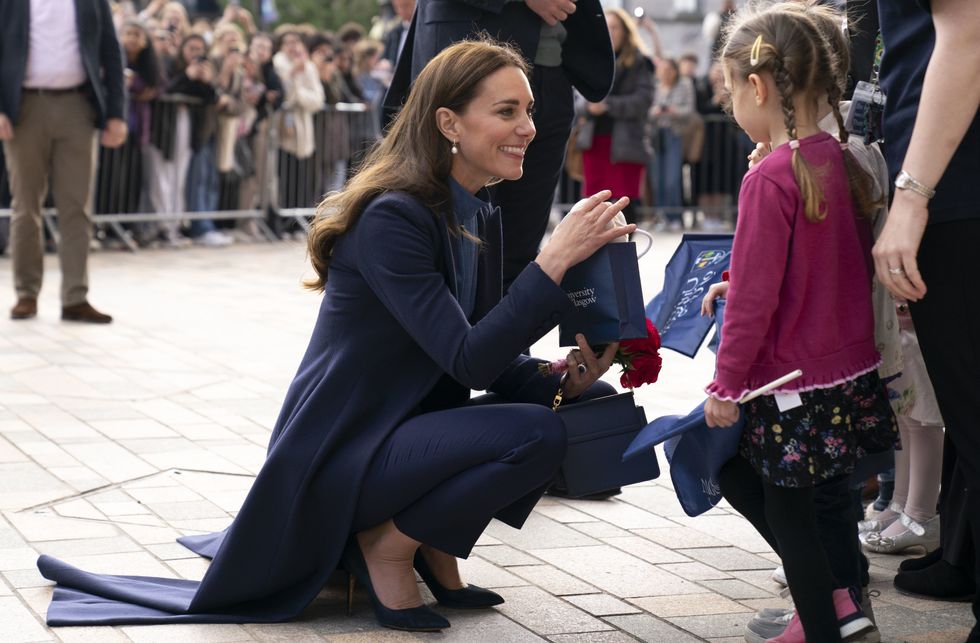
Princess Kate receiving a gift from a child in 2022.
|Getty
Charles's then-most-trusted aide, his former valet Michael Fawcett, faced allegations of selling unwanted royal gifts and pocketing a percentage of the proceeds, but was cleared by an internal inquiry of any financial misconduct.
The Peat Inquiry, headed by Charles's then-private secretary Sir Michael Peat, found Fawcett did "infringe internal rules relating to gifts from suppliers", but could not be severely criticised because the rules were not enforced and he made no secret of such gifts.
Official gifts can be worn and used, but are not considered the royals' personal property. The royals do not pay tax on them.
Gifts cannot be sold or exchanged and eventually become part of the Royal Collection, which is held in trust for successors and the nation.


